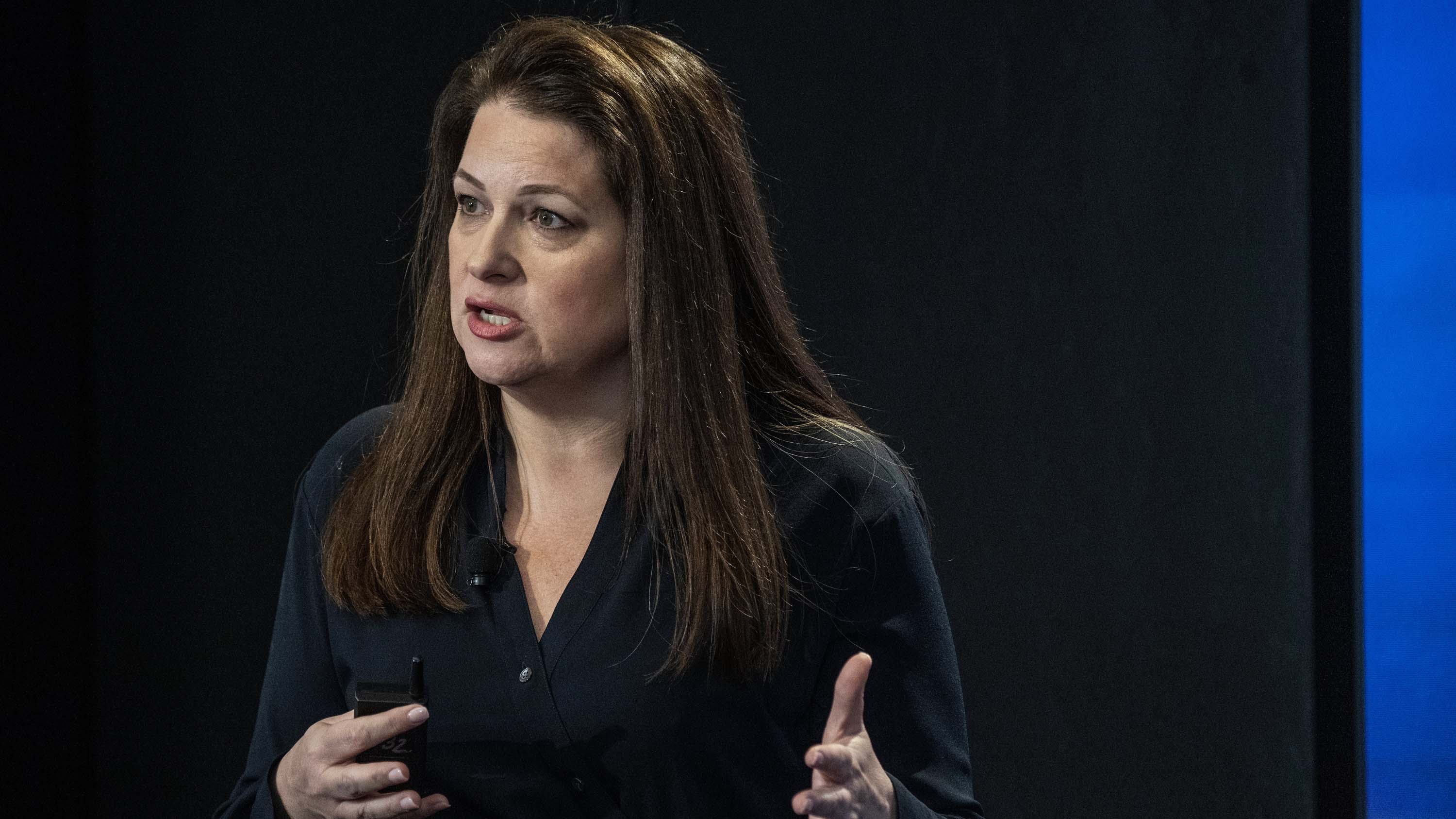One should share the Bios of the leadership at TSMC.
Is it any wonder that between the Intel Boards lack of industry experience result in leaders selected that haven’t a clue nor governance of any quality.
The one group that should be fired is the Board
@BurceA: One should share the Bios of the leadership at TSMC.
In '23 and before, the Board consists of 10 distinguished members with diverse backgrounds in global industries, academia, and finance, bringing a wealth of knowledge and experience to make TSMC better and successful in past years. The names on the list were all invited by Dr. Morris Chang in person before being appointed by BoD.
As of my best knowledge, Here is the TSMC’s BoD '23 along with their working and educational experience:
[Internal]
- Mark Liu (Chairman)
Education: BS, National Taiwan University; MS/Ph.D. in EECS, Berkeley US.
Experience: Former President, WSMC.; Sr VP, Advanced Technology Business; E VP and Co-COO; President and Co-CEO, TSMC.
- C.C. Wei (Vice Chairman and CEO)
Education: BS/MS EE, Taiwan National Chiao Tung University; Ph.D. Yale, US; Honorary Ph.D., National Yang Ming Chiao Tung University.
Experience: Former Sr VP Tech, CSM, Singapore; Sr VP, Tech Business; E VP and COO; President and Co-CEO, TSMC.
- F.C. Tseng (BoD Director)
Education: BS EE, Taiwan National Cheng Kung University; MS EE , Taiwan National Chiao Tung University; Ph.D. EE, Taiwan National Cheng Kung University; Honorary Ph.D., Taiwan National Chiao Tung University
Experience: Extensive experiences and various leadership roles in Taiwan Si industry, e.g. Fab Managing Dir., President, Vice Chairman at TSMC.
[External, Independent (external) directors]
- Sir Peter L. Bonfield
Education: BS Engineering, Loughborough University, UK.
Experience: Former CEO of British Telecommunications; Chairman of NXP N.V.; Director of Sony; Director of Ericsson.
- Stan Shih
Education: BS/MS EE, Taiwan National Chiao Tung University.
Experience: Co-Founder and Chairman of Acer Group; Chairman of iD SoftCapital Group; Director of Wistron Taiwan.
- Kok-Choo Chen
Education: BA Economics, Wellesley College, US; MBA, HBS US.
Experience: Former Chairman of Taiwan National Performing Arts Center; Former Advisor of Executive Yuan, ROC; Director of Taiwan Mobile Ltd.
- Michael R. Splinter
Education: BS/MS, Wisconsin-Madison, US.
Experience: Former Chairman and CEO of Applied Materials; Director of NASDAQ OMX Group; Director of Pivotal Systems.
- Ms. Moshe Gavrielov:
Educational Background: Not specified in the source.
Professional Experience: Former CEO of Xilinx.
- Mr. Yancey Hai:
Educational Background: MBA from Taiwan National Chengchi University.
Professional Experience: Chairman of Delta Electronics.
- Dr. L. Rafael Reif
Educational Background: BS EE de Carabobo, Valencia,Venezuela;
MS/Ph.D. EE Stanford California, US.
Professional Experience: is a prominent in academia, particularly known for his contributions to the field of EE.
It seems, among 10 newly elected BoD members June '24, the board included a few diverse backgrounds in other areas owing to geo-political strategic thoughts. If desired, you may find the details on the tsmc.com. This is a 'Good or Bad' sign might depend on Si industry investor's wisdom to make the right judgment.

 www.crn.com
www.crn.com



